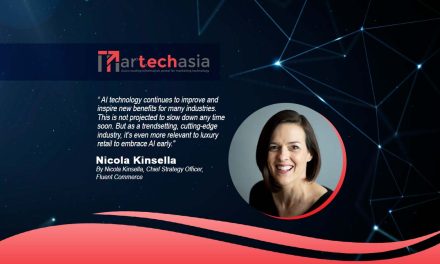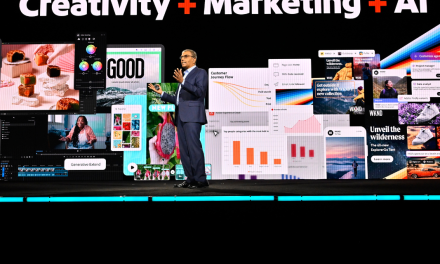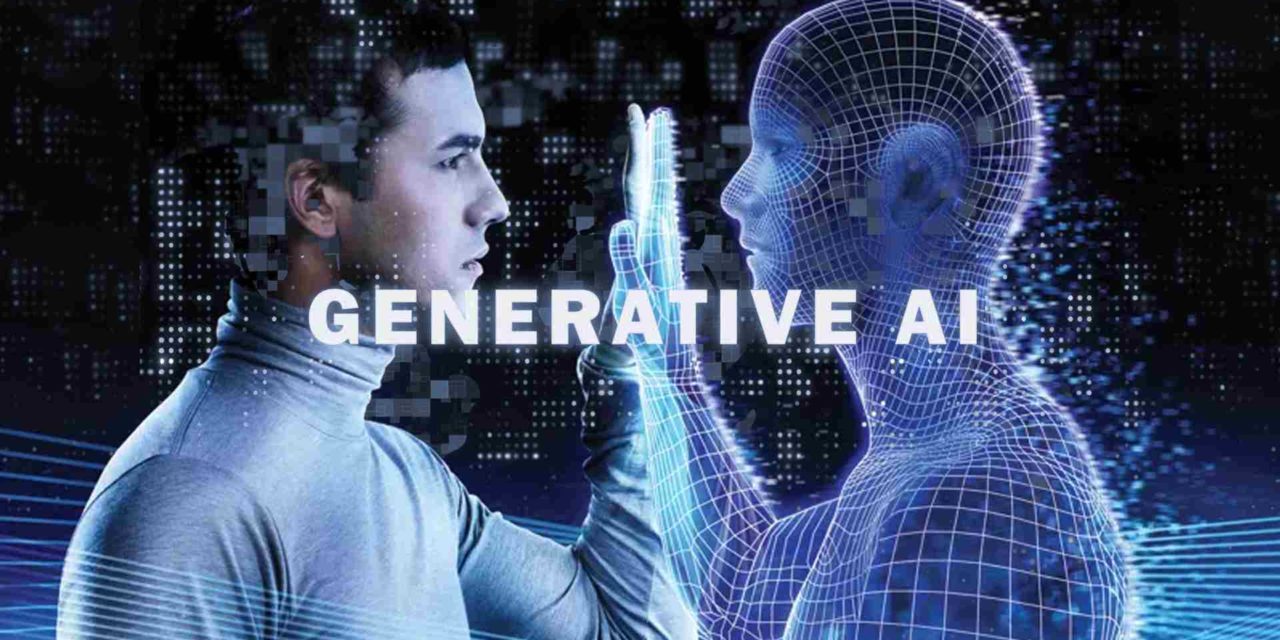Discover how generative AI in enterprise automation software can help businesses, marketers, and more.
Generative AI for application-specific “copilots” refers to using artificial intelligence, specifically generative models, to assist or collaborate with individuals in specific tasks or applications.
These copilots are tailored to specific domains, tasks or industries – designed to work alongside human users, much like a “copilot” in an aeroplane assists the pilot. They can offer suggestions, generate content, answer questions, or perform other tasks in collaboration with their human counterparts.
For instance, AI copilots can assist software developers in writing code, finding and fixing bugs, or suggesting optimisations. They can understand the context and requirements of the code being developed. Moreover, generative AI models can serve as copilots in translation services, helping users translate text or spoken language into various languages.
In content creation, these copilots can help write articles, reports, or even creative pieces, such as stories, by generating text in a specific style or tone. AI chatbots are also used as copilots in customer support to answer common questions, troubleshoot issues, and assist customers with their queries.
In healthcare, AI models are trained to help doctors diagnose diseases by analysing patient data and providing recommendations based on medical knowledge. On the other hand, AI copilots can assist lawyers in legal research by summarising cases, identifying relevant legal precedents, and generating legal documents.
This article explores how the Autopilot™ of UiPath, an enterprise automation software company, empowers marketers to excel in their dynamic field using generative AI.
Benefits of enterprise automation
UiPath’s Autopilot is a suite of AI-powered capabilities that can revolutionise the way marketers work. Enterprises increasingly turn to automation and artificial intelligence (AI) to streamline operations, enhance productivity, and improve efficiency. Businesses are realising various benefits by connecting people, technology, and processes.
By seamlessly integrating generative AI, specialised AI, and automation, this tool offers marketers the tools to automate tasks, enhance productivity, and create more personalised, efficient campaigns.
Weaving AI into every transaction and interaction
AI can sift through massive datasets and uncover valuable insights, driving informed decision-making and innovative strategies. This technology optimises and transforms business processes, freeing human resources for strategic tasks. Moreover, AI enhances the customer experience significantly through chatbots, personalised recommendations, and predictive analytics.
Doing more, faster, at lower cost, and with reduced risk
The core objective of enterprise automation is to increase productivity while reducing costs and risks. Automation allows businesses to do more with the same or fewer resources, focusing employees on creative and strategic tasks.
AI and automation accelerate processes, leading to quicker decision-making and improved customer service. Furthermore, automation reduces operational costs by eliminating manual labour in repetitive tasks. Properly designed and secured automation processes minimise errors and compliance issues, ensuring data is handled securely.
Scaling automation and AI responsibly
While automation and AI offer numerous benefits, scaling these technologies responsibly within a securely governed platform is crucial. Responsible platforms ensure data handling complies with regulations, building trust with customers and partners.
Transparent AI and automation processes allow better understanding and monitoring, ensuring alignment with organisational values. A securely governed platform allows ongoing improvements and adaptability to changing business environments, ensuring competitiveness.
Going Autopilot
Marketing is a multifaceted field that demands creativity, precision, and data-driven decision-making. With Autopilot, UiPath is taking a significant step toward simplifying and streamlining the marketing workflow. Here’s how:
-
Automating Repetitive Tasks
Marketers are often burdened with repetitive, time-consuming tasks, from data entry to content management. Autopilot™ empowers marketers to automate these tasks with ease. For example, they can use natural language to create workflows, generate content, and even build automation-powered apps from PDFs or images. This newfound efficiency frees up more time for creative thinking and strategy development.
-
Enhanced Customer Engagement
In the digital age, personalisation is paramount in marketing. Autopilot™ equips marketers with AI tools that allow them to engage customers on a more personal level. UiPath’s Clipboard AI, for instance, simplifies copying and pasting complex data between applications, facilitating the creation of tailored content and messages. By automating these data-intensive tasks, marketers can provide their audience with more relevant and timely content.
-
Data-Driven Insights
Analysing marketing data and performance metrics is crucial for optimising campaigns. Autopilot™ offers tools for marketers to generate insights rapidly. Autopilot for Test Suite accelerates testing and provides actionable insights from execution results. Marketers can confidently make data-driven decisions, adjusting their strategies for maximum impact.
-
Process Efficiency
Marketing campaigns involve various processes and collaborations. Autopilot for Process Mining enables marketers to use natural language to filter, summarise, and create dashboards for their automation opportunities. This means more efficient collaboration and better resource allocation.
Realising the vision
Marketing experts have acknowledged the promising capabilities of Autopilot. Here are their insights:
“The new Autopilot capabilities at UiPath enable citizen development in a novel way. Autopilot for Studio means that learning programming skills, low code or not, is becoming less critical than learning about technology capabilities,”
“We are already incorporating this vision into our next wave of citizen developer training.”
Hemant Porwal, Executive VP of Supply Chain and Operations at Wesco.
Furthermore, Flo Ye, Director of Automation Solutions at Dentsu, highlights the practicality of Autopilot:
“Autopilot works alongside humans the way that we actually work, across applications and contexts. I’m particularly excited about how Autopilot for StudioX will continue to lower the barriers to automation entry for our cohort of citizen developers at Dentsu.”
UiPath is committed to responsible AI integration, and they have introduced the UiPath AI Trust Layer to provide customers with confidence, visibility, and governance when using AI features. This is crucial for marketers who deal with sensitive customer data and privacy concerns.
The future of marketing
Enterprise automation streamlines and automates tasks. This technology improves customer engagement, delivers data-driven insights, and fosters efficiency, empowering businesses to be more creative, strategic, and results-focused. Furthermore, it’s a testament to how generative AI can reshape the industry, equipping marketers with the tools to attain their enterprise marketing goals.



















